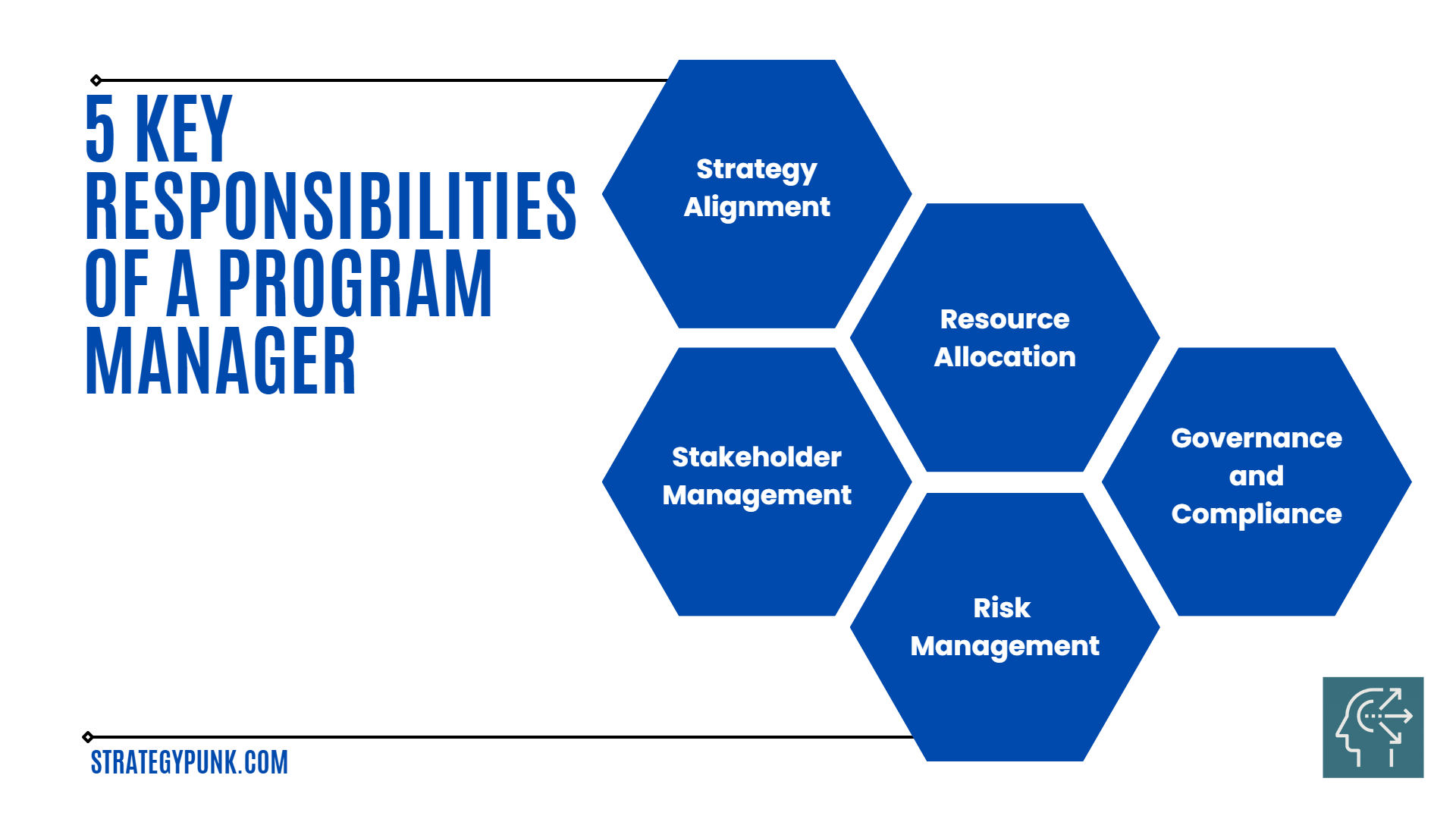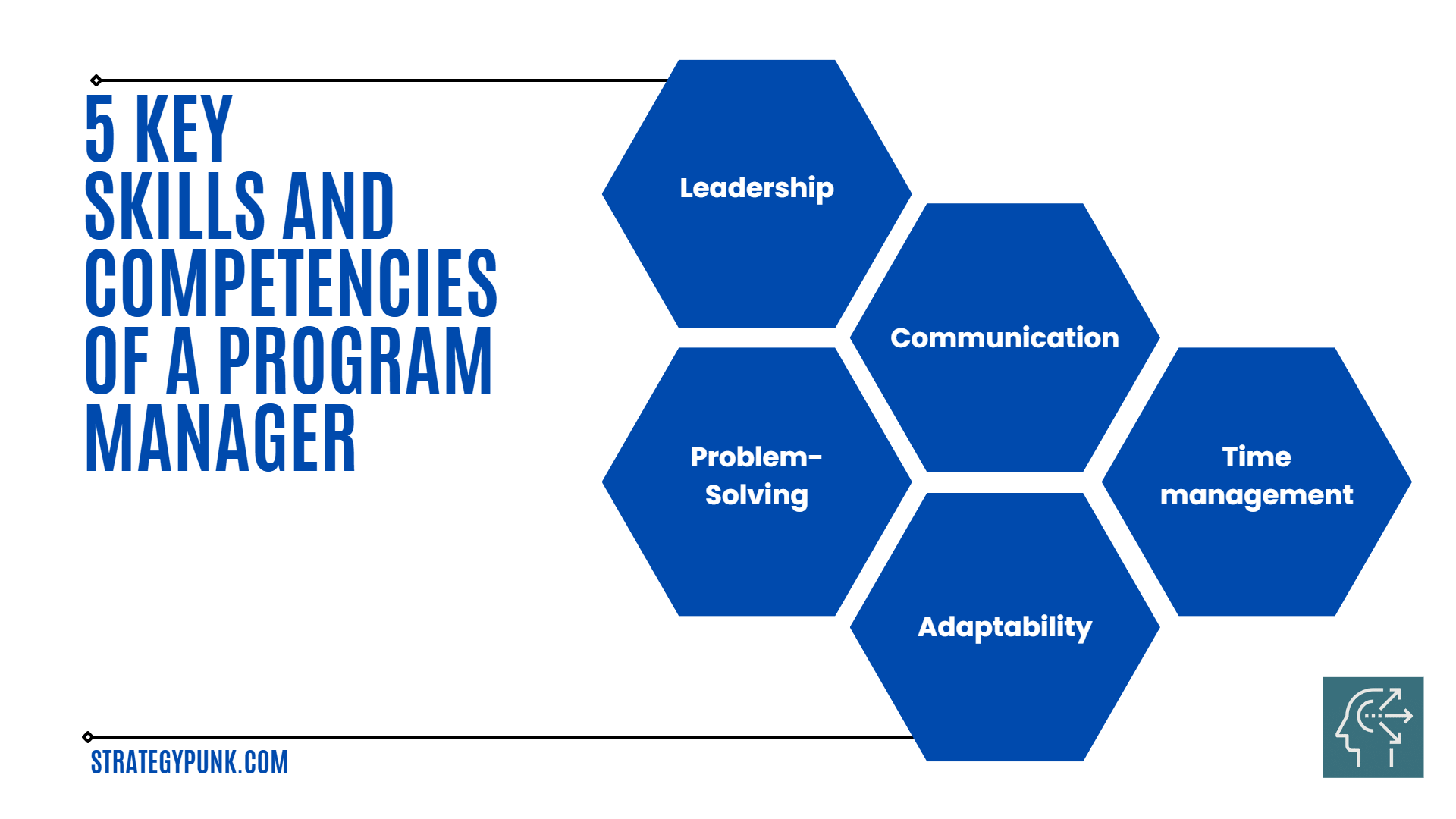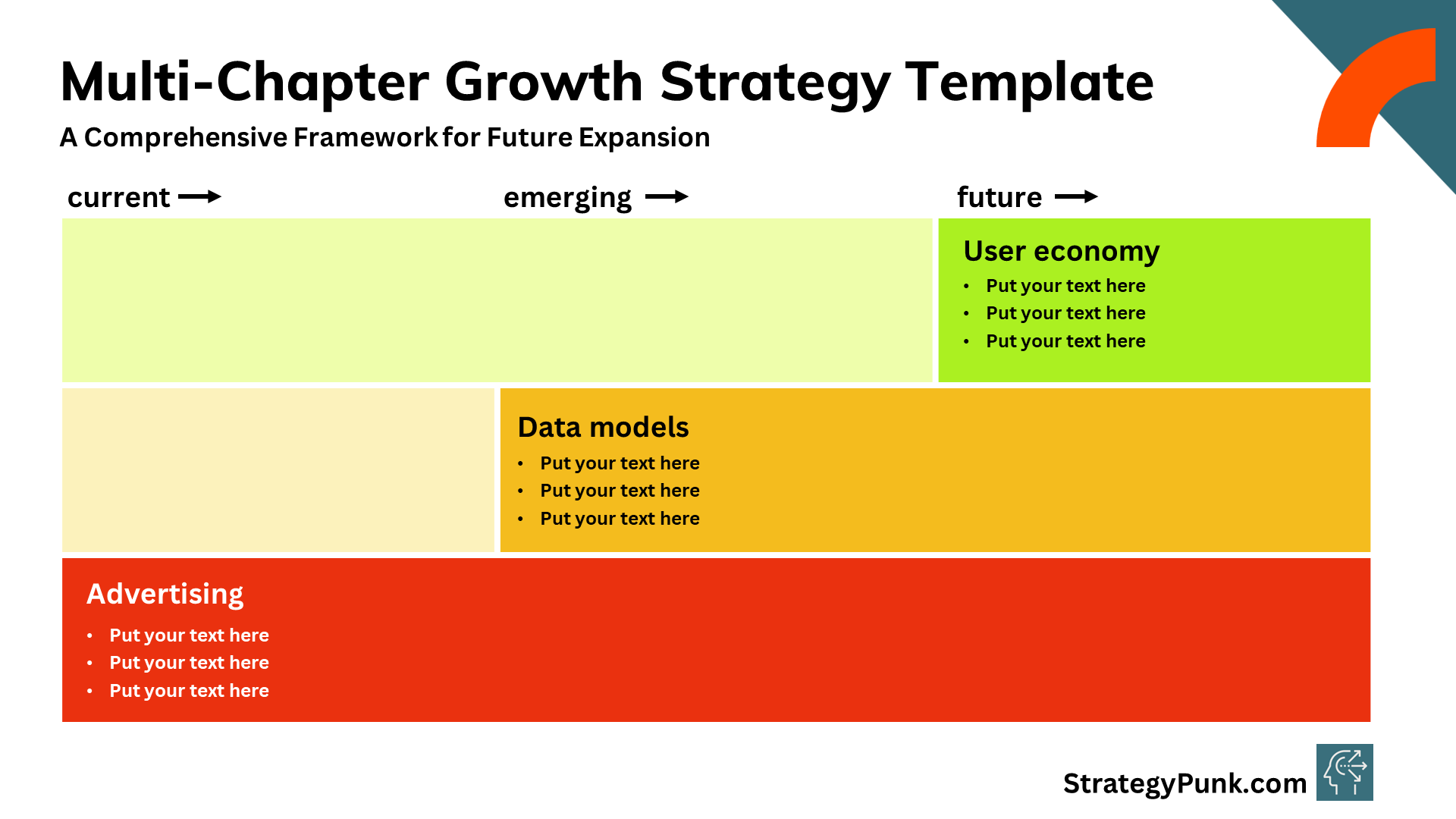The Crucial Role of a Program Manager: Orchestrating Success in Complex Projects
Discover the secrets behind the strategic maestros of project success: program managers. In this article, we'll unravel their key responsibilities, skills, and the tools they use to create a symphony of successful projects.

Introduction
Program management is often an underappreciated yet vital role in the success of complex projects. As companies continue to grow and tackle ambitious initiatives, the need for skilled program managers becomes increasingly evident.
This blog post will delve into the role of a program manager, exploring their responsibilities, skill sets, and impact on project outcomes.
Defining the Role of a Program Manager
A program manager oversees a portfolio of interconnected projects, shares common goals, and contributes to a larger strategic objective. They align these projects with business strategy, ensuring seamless collaboration, efficient resource allocation, and on-time delivery.
What is the role of a program manager in an organization?
The role of a program manager in an organization is to oversee a group of related projects that contribute to a common strategic goal. They act as the glue that binds these projects together, ensuring they align with the overall business strategy, optimizing resources, and maintaining clear communication with stakeholders.
Simply put, they are the strategic maestros who orchestrate successful project outcomes.
How is a program manager different from a project manager?
While program and project managers focus on delivering successful outcomes, their scope and responsibilities differ.
A project manager handles individual projects with specific objectives, timelines, and resources.
In contrast, a program manager oversees interrelated projects, ensuring they collectively support the organization's broader goals. Think of a project manager as a skilled conductor, while the program manager is the composer crafting the entire symphony.
5 Key Responsibilities of a Program Manager
Program managers play an indispensable role in the successful execution of complex projects within organizations.
They are the linchpins responsible for aligning multiple projects with the overarching business strategy, ensuring optimal resource allocation, and maintaining open communication channels with stakeholders.
Here is a brief overview of the critical responsibilities of a program manager, offering a glimpse into the vital tasks they perform to drive projects to successful completion.

Strategy Alignment
They ensure that projects align with and support the organization's overall strategy and objectives.
A core responsibility of program managers is to ensure that the projects within their portfolio contribute to and align with the organization's strategic goals.
They work closely with project managers and business stakeholders to define clear objectives and set realistic timelines, ensuring that projects remain focused on delivering the desired outcomes.
Resource Allocation
Managing the allocation of resources, such as team members, budget, and time, across multiple projects.
Program managers manage and allocate resources, including team members, budget, and time, across multiple projects.
They must carefully balance the needs of individual projects while maintaining a holistic view of the overall program, optimizing resource distribution to maximize efficiency and results.
Stakeholder Management
It effectively communicates with and manages various stakeholders' expectations, including project teams, sponsors, and clients.
Effective communication and collaboration are essential for program managers, as they must manage the expectations of various stakeholders, such as project teams, sponsors, and clients.
They act as the primary liaison between different parties, ensuring everyone stays informed and engaged throughout the project lifecycle.
Risk Management
Identifying potential risks and developing mitigation strategies to ensure smooth project execution.
Program managers must anticipate and identify potential risks that could impact the success of their projects. Proactively addressing these risks and developing mitigation strategies can minimize disruptions and ensure smooth project execution.
Governance and Compliance
They ensure that projects adhere to established guidelines, regulations, and best practices.
Ensuring that projects adhere to established guidelines, regulations, and best practices is another crucial responsibility of a program manager.
They must monitor projects closely to guarantee that they remain compliant with internal and external standards, safeguarding the organization's reputation and the program's success.
5 Key Skills and Competencies of an Effective Program Manager

- Leadership: Inspiring and motivating teams to achieve project objectives.
- Communication: Effectively conveying information and expectations to diverse stakeholders.
- Problem-solving: Identifying and resolving complex issues that may arise during project execution.
- Adaptability: Flexibility in adapting to changing circumstances and project requirements.
- Time management: Prioritizing tasks and ensuring timely project completion.
The Impact of a Program Manager on Project Outcomes
A skilled program manager significantly impacts project outcomes, including increased efficiency, risk mitigation, and improved stakeholder satisfaction. Ensuring that projects are strategically aligned and well-coordinated enables organizations to achieve their goals more effectively.
What are the key performance indicators (KPIs) for a program manager?
Key performance indicators (KPIs) help program managers measure success and identify areas for improvement.
Common KPIs include strategic alignment, on-time project delivery, budget adherence, stakeholder satisfaction, and risk mitigation. By regularly tracking these metrics, program managers can evaluate their performance and make informed decisions to drive continuous improvement.
How can program managers improve their leadership and communication skills?
Program managers can invest in personal and professional development to enhance leadership and communication skills. Attending workshops, enrolling in courses, and seeking mentorship can provide valuable insights and guidance.
Regular self-reflection, embracing feedback, and staying open to new ideas can help program managers evolve into more effective, engaging, and inspiring leaders.
Conclusion
The role of a program manager is essential in today's fast-paced business environment, where organizations must successfully navigate complex projects to remain competitive.
By understanding and appreciating the responsibilities and skills required for this role, businesses can better position themselves for success and ensure that their projects are expertly managed from start to finish.
Key takeaways of this blog post:
- Program managers: strategic maestros are orchestrating project success.
- Differences: project managers as conductors, program managers as composers.
- Key skills: a blend of project management expertise, soft skills, and industry knowledge.
- Resource allocation: prioritizing projects for maximum impact and efficiency.
- Stakeholder management: art form fostering trust, collaboration, and engagement.
- Risk mitigation: proactive approach, vigilance, and anticipation to cut disruptions.
- Tools and techniques: harnessing technology for progress monitoring and data-driven decisions.
- Governance and compliance: safeguarding reputation and success through diligence and enforcement.
- KPIs: tracking success, driving continuous improvement, and informed decision-making.
- Leadership and communication: growth through personal development, reflection, and embracing feedback.






